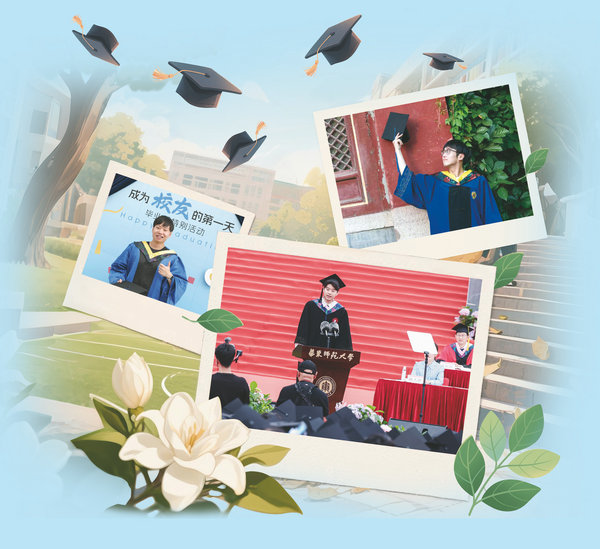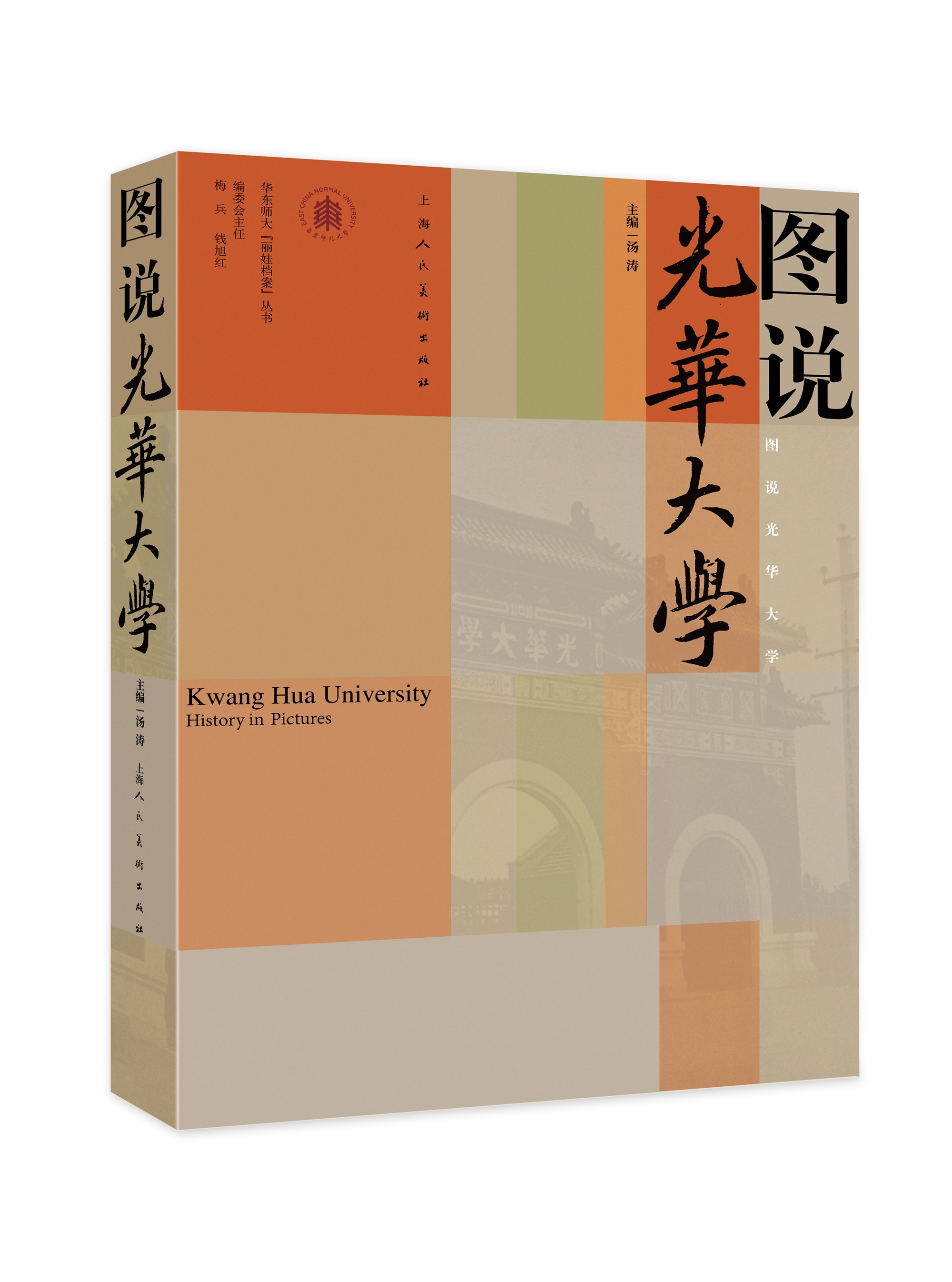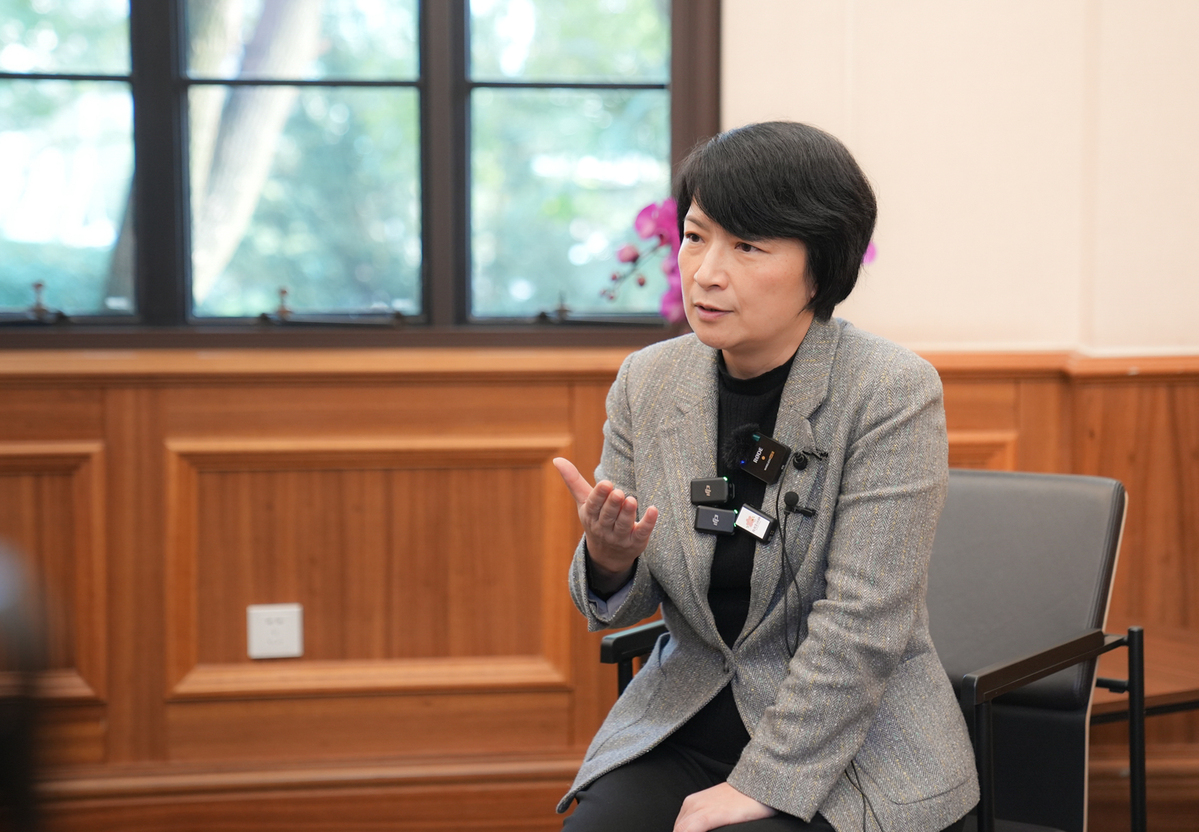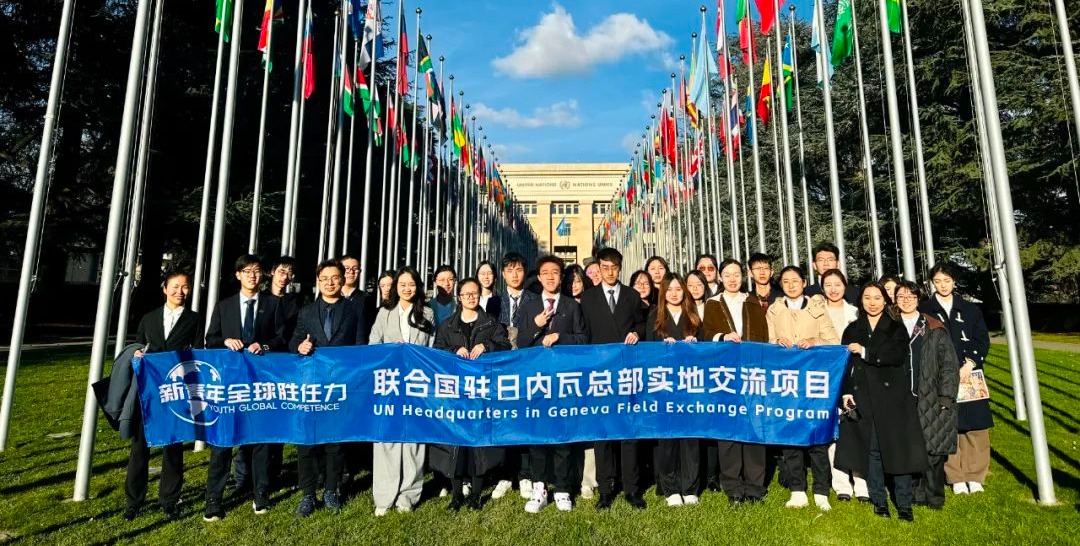# Hot Search #
In 1974, Philip Grime introduced a groundbreaking ecological concept—the CSR theory, which classifies plant strategies into competitors (C), stress-tolerators (S), and ruderals (R). This framework became a cornerstone of plant functional ecology, suggesting that that plant communities would transit from ruderal strategies in the early succession to stress-tolerant strategies in later successional stages. Although widely acknowledged, this prediction lacked robust validation with long-term continuous data.
On May 30, 2024, a research paper titled "Temporal dynamics of Grime’s CSR strategies in plant communities during 60 years of succession" was published online in the journal Ecology Letters by Prof. Li Shaopeng’s team from the School of Ecological and Environmental Sciences, ECNU. The study offers a comprehensive look at how CSR strategies shift in plant communities over six decades in old-field succession. The findings reveal that the initial abandonment conditions significantly alter the early successional trajectories. It also identified significant divergence in the CSR strategies between alien and native species over succession, thereby refining our understanding of Grime’s succession theory.
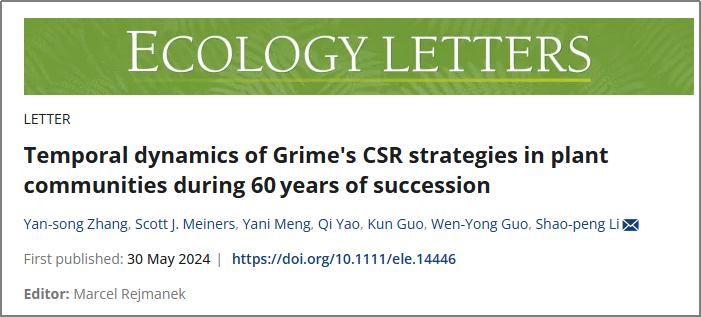
https://onlinelibrary.wiley.com/doi/full/10.1111/ele.14446
Zhang Yansong, a graduate student at ECNU, is the leading author of the paper, with Prof. Li Shaopeng serving as the corresponding author. The research team also includes Prof. Scott Meiners from Eastern Illinois University and notable contributors from ECNU such as Prof. Guo Wenyong, Dr. Guo Kun, and graduate students Meng Yani and Yao Qi. This study was supported by grants from the National Natural Science Foundation of China.
Source: School of Ecological and Environmental Sciences
Editor: Xu Xincheng

